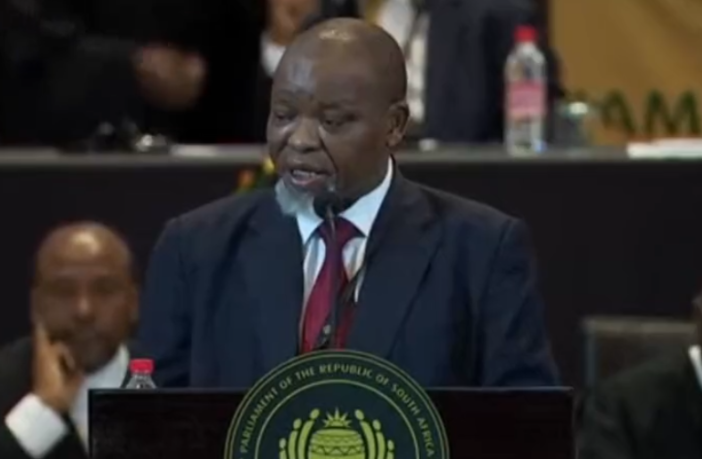- Following a recent court application by The Green Connection and the Southern African Faith Communities’ Environment Institute (SAFCEI) – to review the President’s failure or refusal to bring Section 6 of National Energy Act, 2008 (NEA) into operation – both President Cyril Ramaphosa and Minister Gwede Mantashe have confirmed that they will oppose the legal challenge.
- Section 6 of the Act requires the Minister of Mineral Resources and Energy to develop and publish the Integrated Energy plan (IEP), and review it on an annual basis.
- According to both eco-justice organisations, it is this lack of proper, updated energy planning that lies at the root of the country’s current energy problems.
According to SAFCEI’s Executive Director Francesca de Gasparis, “The IEP speaks directly to the energy crisis and the state of disaster that the President declared. The President spoke of an Energy Action Plan but not the Integrated Energy Plan, which is based on the government’s own legislation, and is a better way to develop energy policy.”
Section 6 of the National Energy Act (2008) was passed by Parliament but has never been brought into operation by the President. So, since 2008, decision-makers have been carrying out energy planning without a proper legal framework.
Kholwani Simelane, The Green Connection’s Advocacy Officer says, “The President of South Africa and our country’s Minister of Energy seem to oppose the idea of South Africa having a proper energy plan. The purpose of the Integrated Energy Plan (IEP) developed under Section 6 of the Act, is to integrate economic, environmental, political, and social interests and set the context in which energy-related decisions should be made. Without Section 6 in operation, a proper IEP isn’t possible.”
“At the State of the Nation Speech (SONA) last week we heard the President talk a lot about an energy action plan, so why not bring Section 6 into operation and develop and implement the IEP from the Energy Act? The next step in this legal action is for the government to release their records of how the decision was reached to continuously delay bringing Section 6 into effect. Lack of effective energy planning is the reason we are in this mess, and as long as we continue without a plan for meeting our energy requirements, for dealing with loadshedding and unaffordable electricity prices, increases will continue. A clear plan will make sure that when new energy is being procured that it is affordable, environmentally friendly and easily accessible and be a part of a just energy transition. This would be for the benefit of everyone,” says de Gasparis.
The Green Connection’s Strategic Lead Liziwe McDaid says, “It is very astonishing that in this time of crisis that both the energy minister and the President have opted to oppose our call to have an Integrated Energy Plan (IEP). In our view, the message they are sending is that they do not want any legally binding, mandatory energy planning to help prevent that we end up in such a crisis in the future.”
Simelane concludes, “The President and Minister have failed to deliver the record showing how they reached the decision to delay bringing Section 6 into operation for all these years, and so we have now submitted a Notice in terms of Rule 30A, which gives government ten (10) days in which to produce that record of the decision to delay bringing Section 6 into operation.”
Keen to support?
Click the link below to sign The Green Connection’s petition to stop offshore oil and gas, as part of its Who Stole Our Oceans campaign – https://www.change.org/p/imagine-a-world-with-oiled-upbeaches-without-living-ocean-are-we-running-out-of-time/
Author: Bryan Groenendaal















